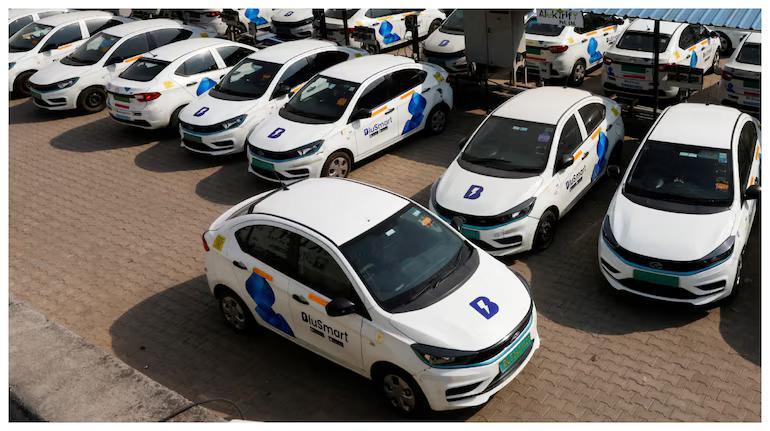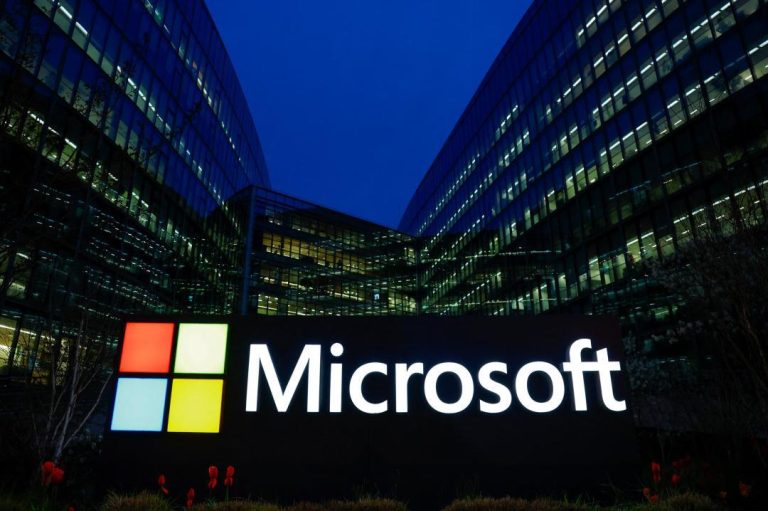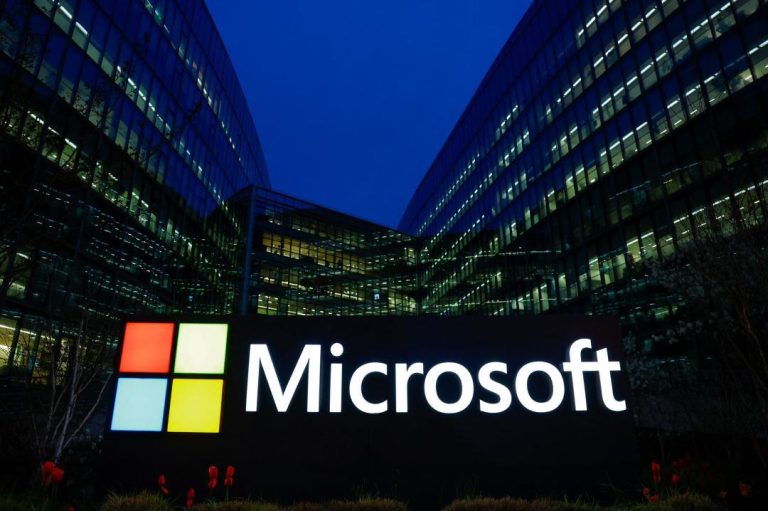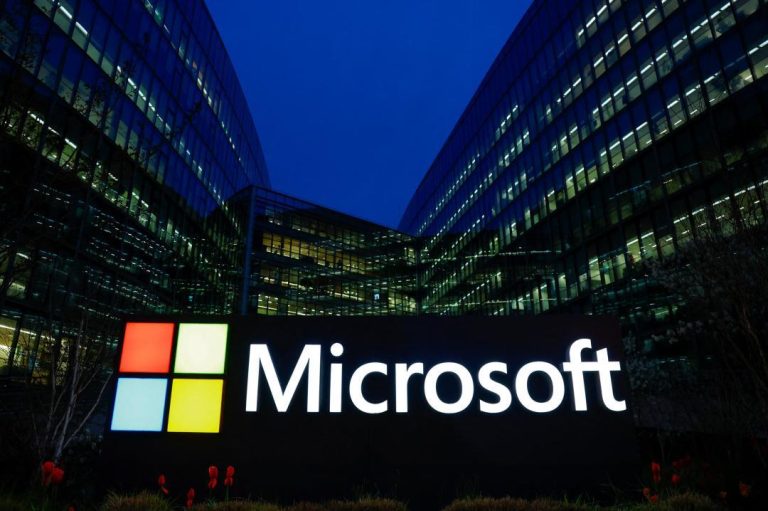
Govt Should Acquire BluSmart: Primus Partners’ Sandhu
BluSmart, a leading electric vehicle (EV) ride-hailing service, has been making headlines lately due to its halt in operations amid an ongoing probe by the Securities and Exchange Board of India (SEBI) into its key partner, Gensol Engineering. While this crisis has raised concerns about the company’s future, Primus Partners Chairman Davinder Sandhu believes that this is an opportunity for the Indian government to step in and acquire BluSmart, merging it with the Sahkar Taxi cooperative platform.
Sandhu’s proposal is not without merit. BluSmart, as a pioneer in the EV ride-hailing space, has made significant strides in reducing carbon footprint and promoting sustainable urban mobility. Its halt in operations not only affects the livelihoods of its employees and drivers but also threatens the preservation of vital green urban transport assets.
BluSmart has been a trailblazer in the Indian EV market, offering a range of electric vehicles to its customers and providing a unique opportunity for the government to promote sustainable transportation. With its expertise in the EV space, BluSmart has the potential to play a significant role in India’s efforts to reduce its carbon footprint and achieve its ambitious goal of becoming a net-zero carbon economy by 2070.
The acquisition of BluSmart by the government would not only protect the livelihoods of its employees and drivers but also ensure the continuation of its green urban transport services. Moreover, it would provide the government with an opportunity to merge BluSmart with the Sahkar Taxi cooperative platform, creating a massive fleet of electric vehicles that could be used to provide sustainable transportation services to citizens.
The Sahkar Taxi cooperative platform is an excellent fit for BluSmart. As a cooperative platform, Sahkar Taxi is owned and operated by its member drivers, who have a vested interest in ensuring the success of the platform. By merging BluSmart with Sahkar Taxi, the government would be creating a massive fleet of electric vehicles that could be used to provide sustainable transportation services to citizens.
The acquisition of BluSmart would also provide the government with an opportunity to promote sustainable urban mobility and reduce the country’s carbon footprint. With the increasing concerns about climate change and air pollution, the government is under pressure to promote sustainable transportation options. The acquisition of BluSmart would be a significant step in this direction, as it would provide the government with a platform to promote electric vehicles and reduce the country’s dependence on fossil fuels.
Furthermore, the acquisition of BluSmart would also provide the government with an opportunity to create jobs and stimulate economic growth. With the halt in operations, BluSmart’s employees and drivers are facing uncertainty about their future. By acquiring the company, the government would be providing them with job security and ensuring that they continue to earn a living.
In addition, the acquisition of BluSmart would also provide the government with an opportunity to promote entrepreneurship and innovation in the EV space. With the government’s support and resources, BluSmart could be encouraged to continue innovating and developing new products and services that could be used to promote sustainable urban mobility.
In conclusion, the acquisition of BluSmart by the government would be a prudent decision that would protect the livelihoods of its employees and drivers, preserve vital green urban transport assets, and promote sustainable urban mobility. With its expertise in the EV space, BluSmart has the potential to play a significant role in India’s efforts to reduce its carbon footprint and achieve its ambitious goal of becoming a net-zero carbon economy by 2070.
As Sandhu aptly put it, “This crisis offers an opportunity for the Indian government to acquire BluSmart and integrate it into the Sahkar Taxi cooperative platform.” It is high time that the government takes this opportunity to promote sustainable urban mobility and reduce the country’s carbon footprint.






